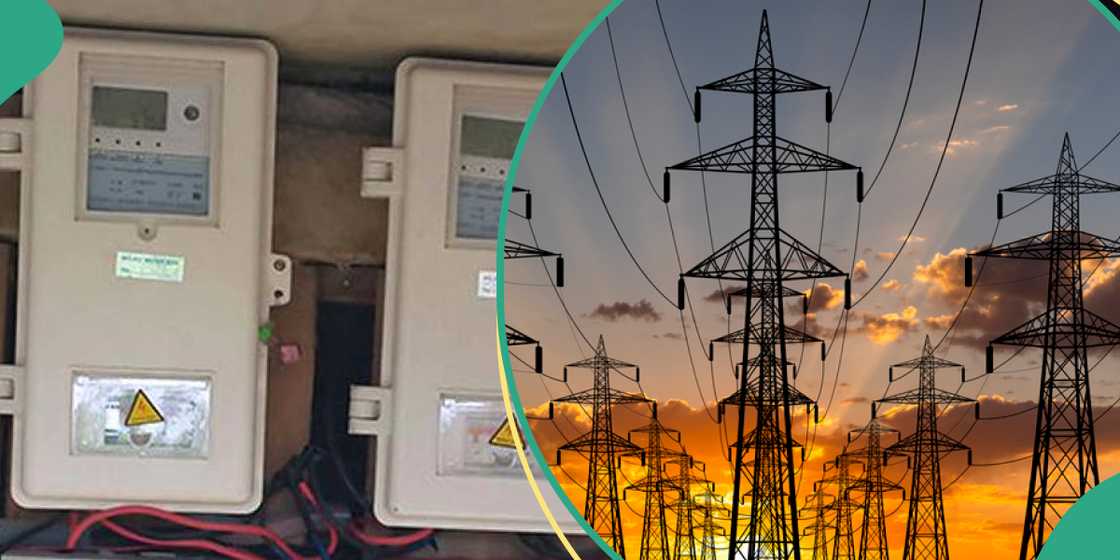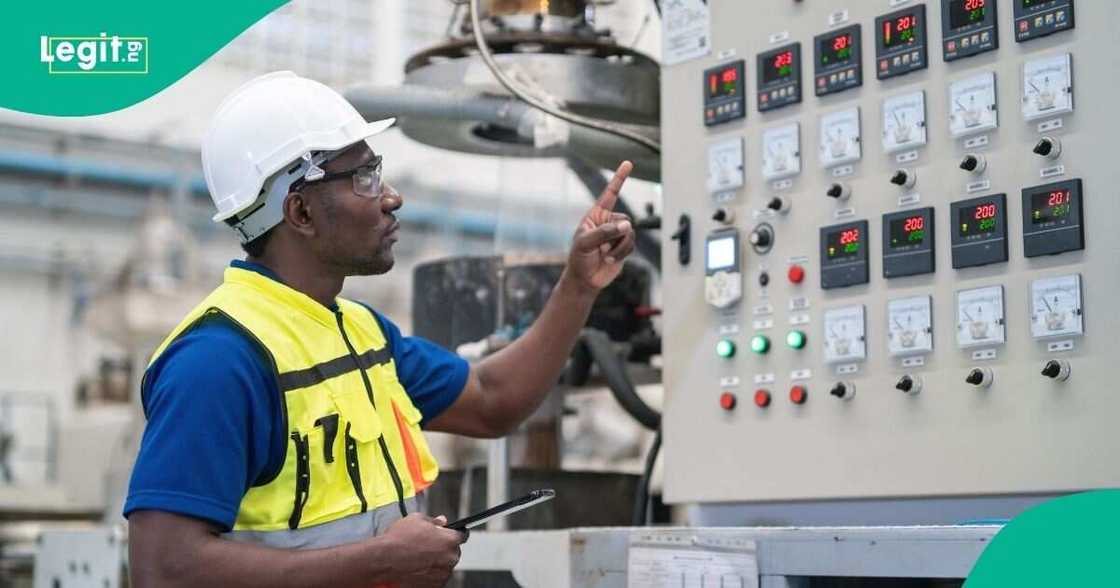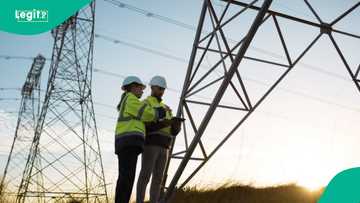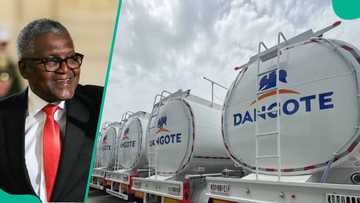Six States to Pay Highest Electricity Tariffs in Nigeria as FG Moves to Cut Subsidies
- A report by the Nigerian Electricity Regulatory Commission (NERC) has revealed that residents in six states will pay the highest electricity tariffs
- The move comes as the Nigerian government is proposing tariff hikes to reduce subsidy in the power sector
- Experts say the disparity stems from high operational costs driven by insecurity, vandalism, and poor infrastructure across the region
Legit.ng’s Pascal Oparada has reported on tech, energy, stocks, investment and the economy for over a decade.
A 2024 report by the Nigerian Electricity Regulatory Commission (NERC) shows that residents of Adamawa, Borno, and Yobe States, served by the Yola Electricity Distribution Company (YEDC), will pay the highest electricity tariff in Nigeria, averaging N266.64/kWh.
This rate is N91.33 above the national average of N175.31/kWh.

Source: Getty Images
Tariff hike to end electricity subsidies
The disparity stems from high operational costs driven by insecurity, vandalism, and poor infrastructure across the region.
YEDC enjoys the highest subsidy cost per unit delivered—double that of other electricity distribution companies (DisCos), yet is still unable to meet the demands of its consumers.
Nigeria’s Minister of Power, Adebayo Adelabu, recently confirmed plans to transition to a cost-reflective tariff regime to reduce the country’s growing electricity debt, now nearing N4 trillion.
Why the Northeast is most affected
Even with the April 2024 hike in tariffs for Band A customers, consumers complain of erratic supply and faulty billing.
The federal government says subsidy removal is vital to stabilise the power sector and attract foreign investments.
However, experts argue that without fixing inefficiencies, raising tariffs will only worsen public frustration.
The North-East, plagued by insurgency for more than a decade, faces the dual burden of insecurity and economic stagnation.
Many communities have been cut off from the national grid, with Maiduguri relying on a local gas-powered plant after repeated grid-targeted attacks.
In 2020, YEDC projected poor recovery between 2020–2024 due to persistent security challenges, noting damage to infrastructure and revenue collection hurdles.
Electricity prices by distribution zone (2024)
As a result, NERC issued the company a special status, setting its Aggregate Technical, Commercial, and Collection (ATC&C) loss benchmark at 56%, the most lenient among all 11 DisCos.
- Yola DisCo (Adamawa, Borno, Yobe): ₦266.64/kWh
- Ikeja Electric (Lagos): Below ₦100/kWh
- Eko DisCo (Lagos): Below ₦100/kWh
- National Average: ₦175.31/kWh
- Allowed Customer Tariff: ₦100.27/kWh
- Average Subsidy: ₦75.04/kWh
- Nigeria’s ₦100.27/kWh is also the lowest among selected West African nations, representing just 35.71% of their average.
Low economic activity increases tariffs
Daily Trust quotes energy analyst Bode Fadipe as saying that low economic activity and poor infrastructure in a region lead to higher per-unit electricity costs.
In the North-East, economic hardship, insecurity, and poor billing systems make it harder for customers to pay, deepening DisCo losses and increasing reliance on government subsidies.
He warned that removing subsidies without infrastructure upgrades or regional economic improvements will only lead to more tariff shortfalls and growing discontent.

Source: Getty Images
Experts urge gradual market reforms
Fadipe emphasised that tariff shortfalls and collection inefficiencies are often symptoms of larger systemic failures. DisCos suffer from poor metering, high technical losses (some up to 50%), and revenue recovery gaps, factors that increase overall electricity cost.
He argued that subsidies, rather than supporting consumers, often fund inefficiency within the sector.
Until DisCos invest in infrastructure and security stabilises in regions like the North-East, tariff hikes could deepen inequality and widen Nigeria’s energy poverty.
Deji Adeleke’s 1,250MW power plant sits idle
Legit.ng earlier reported that Deji Adeleke, businessman and Pro-Chancellor of Adeleke University, and father of Nigeria’s Afrobeat sensation, Davido, has revealed that a 1,250-megawatt power plant he built in Ajebamidele, Ondo State, is complete, but still idle.
Despite the plant’s potential to transform the power sector, it remains disconnected from Nigeria’s gas grid, meaning it can’t produce electricity yet.
Speaking during the 11th convocation of Adeleke University in Ede, Osun State, Adeleke said the plant could immediately employ over 2,000 engineers and technical workers.
Proofreading by James Ojo, copy editor at Legit.ng.
Source: Legit.ng





